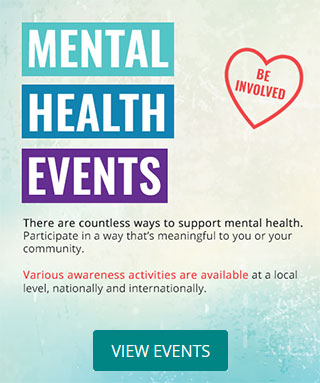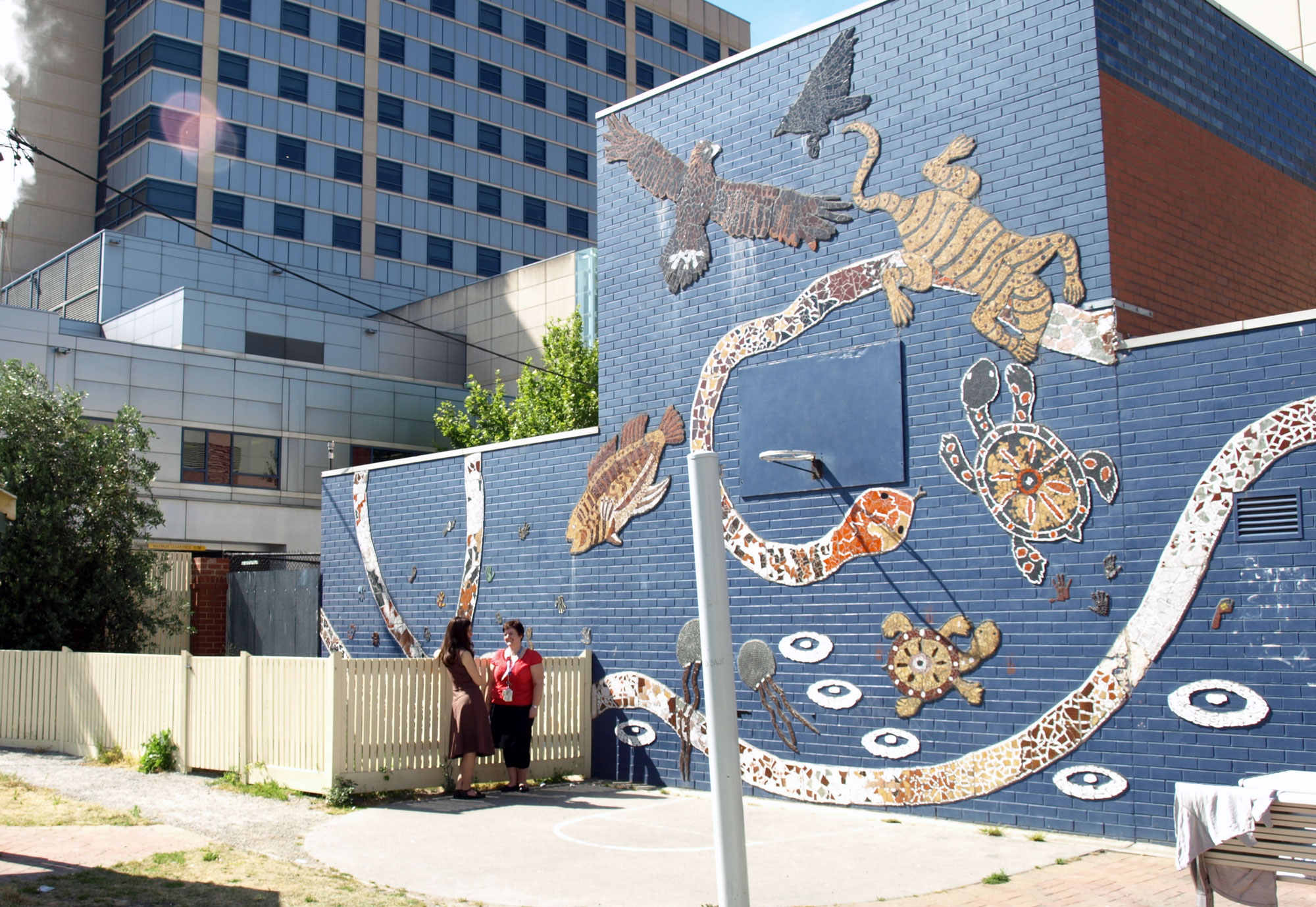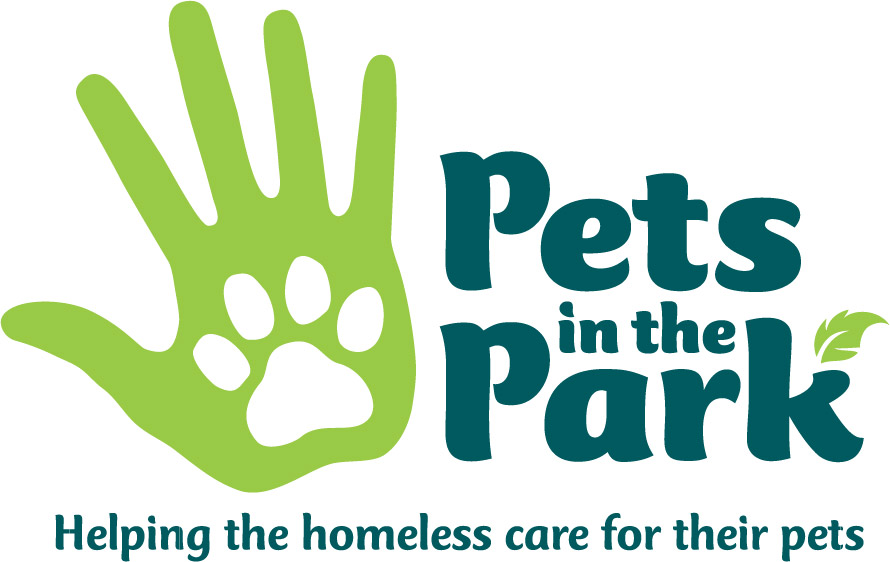PHYSICAL HEALTH
People and Pets

In this section we note how there are psychological and physiological benefits to owning pets. We list some pet therapy facilitators and services that provide veterinary care for the animals of homeless people or people at risk of homelessness.
People and Pets
Pets play an important role in people’s lives. They provide companionship and a reason for engaging in life’s activities. They can be the purpose for going to the shops, the reason for taking a daily walk, and a reason to go home at night. In addition to making us laugh, smile and sometimes growl, they also have a therapeutic effect on us.
Pet therapy
St Vincent’s hospital’s pet therapy program is one of many services provided to patients and residents by volunteers. In the program, volunteers and their therapy dogs pay friendly visits to patients and residents receiving our palliative care, residential care, rehab and aged care services. Read more.
Pet therapy
Frequently asked questions (FAQs)
Are there psychological and physiological benefits to owning pets?
They provide companionship and a reason for engaging in life’s activities. They can be the purpose for going to the shops, the reason for taking a daily walk, and a reason to go home at night. In addition to making us laugh, smile and sometimes growl, they also have a therapeutic effect on us. This has been highlighted by research indicating that people with pets have improved psychological and physiological benefits.
Some of these are:
![]() Lowered blood pressure
Lowered blood pressure
![]() Quicker recovery from illness and surgery
Quicker recovery from illness and surgery
![]() Decreased loneliness
Decreased loneliness
![]() Motivation for movement and social interaction with others
Motivation for movement and social interaction with others
![]() Increased resilience in dealing with stressful situations
Increased resilience in dealing with stressful situations
![]() Lower levels of risk factors associated with heart disease
Lower levels of risk factors associated with heart disease
So if you, or someone you know is struggling with life at the moment, consider the impact that a visit from a furry friend might provide.
Because the human-animal bond remarkably improves our quality of life and leaves a lasting paw prints on our hearts and minds.
Is pet therapy used in healthcare settings?
Pet therapy is also helping to improve patients’ mental health at St Vincent’s Hospital. Luna, a miniature schnauzer dog, visits the mental health unit on a weekly basis. She is cuddled, patted, held and spoken to, by patients, their visiting family and staff. She is a means for facilitating conversation, laughter and questions, from those experiencing a range of symptoms and emotions associated with mental health issues.
Resources
Veterinary care
If you know someone who would benefit from this service, please contact them through their website or email them for any human health service providers who would like to refer clients to bring their pets for free general and preventative health veterinary care.
Pet therapy facilitators
With special thanks to
Many people have contributed to the development of this project through research, focus groups, advice, information and ideas. We would like to acknowledge and thank all who have contributed and supported us in our endeavor. They are:
Newsletters
Stay in the loop with our monthly newsletters!
If you are having thoughts of suicide, or severe self-harm please follow your crisis plan. If you do not have a crisis plan please call your treating clinician, therapist, general practitioner, one of the numbers listed below or go to the Emergency Department of the nearest hospital. In a life-threatening emergency ring 000.
Phone numbers and other supports that can be contacted in a crisis:
Life Line: 13 11 14 | www.lifeline.org.au
Sane Helpline: 1800 187 263 | www.sane.org






 The 2014 Act came into effect in July 2014. It introduced new principles to support people experiencing mental illness to make and participate in treatment decision (shared decision making) and to have their views and preferences considered and respected.
The 2014 Act came into effect in July 2014. It introduced new principles to support people experiencing mental illness to make and participate in treatment decision (shared decision making) and to have their views and preferences considered and respected.

